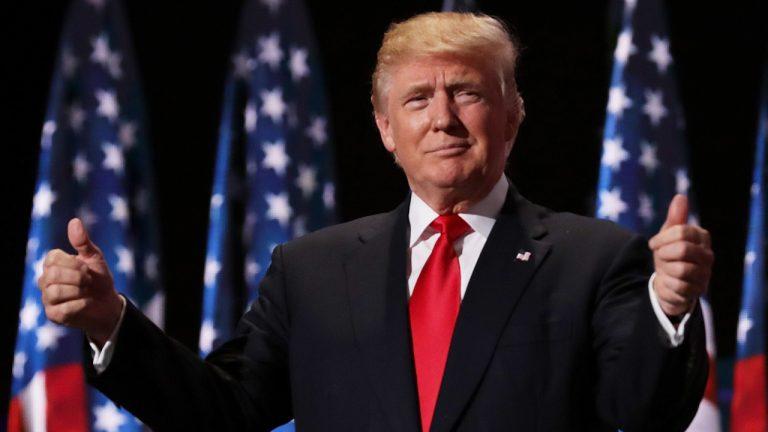Microsoft is gearing up for its annual shareholders meeting on December 9, and Bitcoin has made its way onto the agenda. In a recent filing with the U.S. Securities and Exchange Commission, the tech giant disclosed that one of the proposals up for a vote is an “Assessment of investing in Bitcoin.” Despite this, Microsoft’s board is advising shareholders to vote against it.
Source: SEC
It remains unclear whether this proposal suggests Microsoft should hold Bitcoin on its balance sheet, akin to companies like MicroStrategy.
The Relentless MicroStrategySince 2020, MicroStrategy has made waves by relentlessly accumulating Bitcoin, using both debt and equity to supercharge returns and outperform traditional investment portfolios. Today, the company’s Bitcoin holdings are valued at over $15 billion, acquired at a cost of approximately $9.9 billion, of which $4 billion is leveraged debt. Holding 1.2% of Bitcoin’s total supply, MicroStrategy has positioned itself as the largest corporate Bitcoin holder. CEO Michael Saylor maintains that Bitcoin is the standout asset of the century, touting it as a hedge against inflation, a revolutionary digital store of value, and a prime candidate for exponential returns, despite its infamous volatility.
Source: Bitcoin Treasuries
In the past year alone, MicroStrategy has reaped huge gains, with Bitcoin’s price soaring 116%, as reflected in the Brave New Coin Bitcoin Liquid Index. Saylor’s leadership has cemented the company’s unwavering commitment to this vision. The bigger question now looms: what’s the next play for MicroStrategy?
MicroStrategy Aims for $150 Billion in Bitcoin HoldingsSaylor’s ultimate vision is to transform MicroStrategy into a Bitcoin powerhouse, akin to a bank that builds financial products anchored by Bitcoin. His goal? To create a suite of Bitcoin-backed financial offerings, including equities, convertible securities, fixed-income instruments, and preferred shares, all resting on an immense Bitcoin reserve.
“This is the most valuable asset on the planet,” Saylor asserts. “The endgame is to become the leading Bitcoin bank or finance company. If we end up holding $20 billion in convertibles, $20 billion in preferred stock, $10 billion in debt, and $50 billion in structured instruments, we’ll eventually hold $100-$150 billion in Bitcoin.”
MicroStrategy’s plan relies on the firm conviction that Bitcoin is the ultimate deflationary currency. Currently, Bitcoin represents just 0.1% of global financial capital, but Saylor predicts that this share will jump to 7% by 2045. His bold estimate implies that each Bitcoin could one day be worth $13 million—a forecast echoed by Bernstein analyst Gautam Chhugani, who projects annual growth for Bitcoin at 29%.
To fund its expansion, MicroStrategy plans to tap into U.S. capital markets, raising money through debt, equity, and innovative financial instruments. Saylor is bullish on the scalability of this debt strategy, stating confidently that it can grow without limits. He envisions easily raising $100 billion, then $200 billion, as Bitcoin evolves from a trillion-dollar asset into one worth $100 trillion.
Microsoft Wary of VolatilityMicrosoft meanwhile, is not following in Saylor’s footsteps. The filing notes that Microsoft has already given this topic consideration and closely monitors trends in cryptocurrencies to inform its investment decisions. The board’s stance? Bitcoin’s infamous volatility makes it an unsuitable asset for corporate treasury management, which demands stability and predictability for operational liquidity.
This push for Bitcoin adoption comes from the National Center for Public Policy Research, a conservative think tank, which argues that Bitcoin, even at 1% of Microsoft’s assets, could act as a hedge against inflation and corporate bond yields. The group points to MicroStrategy’s success since its 2020 Bitcoin acquisition, where the company’s stock skyrocketed alongside Bitcoin’s value. Despite MicroStrategy’s smaller size and scope compared to Microsoft, it has outperformed the tech behemoth by over 300% this year, thanks to its crypto holdings.
While Microsoft accepts Bitcoin in some Windows and Xbox stores, it is hesitant to take the leap into Bitcoin as a treasury asset. The board maintains that the company already evaluates a range of investment options, including cryptocurrencies. In their view, a public assessment of Bitcoin is unnecessary given their existing, thorough processes.
The upcoming vote marks a pivotal moment, as Microsoft shareholders—many of whom are major institutional investors like Vanguard, BlackRock, and State Street—will decide whether the software giant should follow the path of companies like MicroStrategy or continue to play it safe. For now, it appears that Microsoft isn’t in a rush to join the ranks of corporate Bitcoin holders.



















